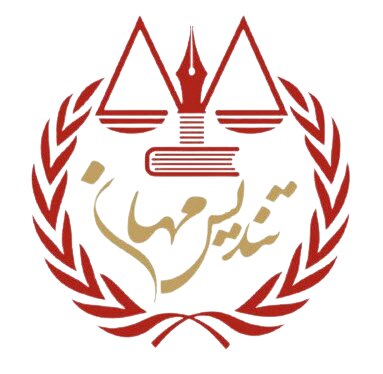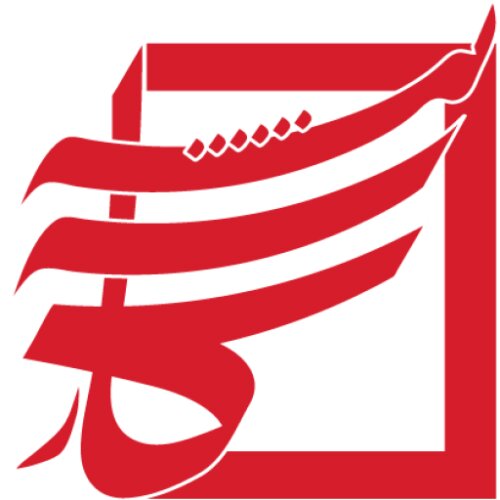Best Legal Document Lawyers in Tehran
Share your needs with us, get contacted by law firms.
Free. Takes 2 min.
List of the best lawyers in Tehran, Iran
About Legal Document Law in Tehran, Iran
Legal document law in Tehran, Iran, involves the formulation, interpretation, application, and enforcement of documents that govern legal interactions and enforce rights and obligations among individuals and entities. Legal documents can range from contracts and wills to deeds and official notices. In Tehran, the complexities in Islamic laws, combined with civil and statutory laws, make the understanding and drafting of legal documents particularly nuanced. Legal practitioners in Tehran have to navigate both the codified and the religious law frameworks, ensuring compliance with local regulations while protecting their clients’ interests.
Why You May Need a Lawyer
There are several instances where obtaining legal advice for legal documents becomes crucial. These include situations like drafting a complex business contract to ensure all legal stipulations are correctly outlined, facilitating negotiations in real estate transactions, ensuring a last will and testament complies with both personal wishes and local laws, and even during the dissolution of marriage where settlement agreements are needed. Lawyers offer not only expertise in drafting and interpreting these documents but also provide representation in court, if necessary, to resolve any disputes.
Local Laws Overview
Key aspects of local laws affecting legal documents in Tehran revolve around compliance with both civil codes and Sharia law. The Iranian Civil Code provides a broad framework for various transactions and obligations. Additionally, there are procedural laws that dictate how documents need to be executed and registered, such as the requirement for notary public certifications and adherence to Islamic principles. Contracts and other agreements may require specific clauses that align with these religious and legal standards to ensure enforceability.
Frequently Asked Questions
What are the essential elements of a legally binding contract in Tehran?
A legally binding contract generally requires offer and acceptance, mutual consent, consideration (something of value exchanged), legal capacity of the parties, and a lawful object.
Do I need a lawyer to draft a will in Tehran?
While not mandatory, consulting a lawyer is recommended to ensure that the will is compliant with both local laws and religious mandates and is properly witnessed and executed.
Can a contract be written in English in Tehran?
Yes, but it is advised to include an official Persian translation to mitigate any potential legal issues arising from language discrepancies in court.
How can a business protect its intellectual property in contracts?
Including detailed confidentiality, non-disclosure, and non-compete clauses in contracts can help protect intellectual property rights.
Are electronic signatures legally valid in Tehran?
Electronic signatures are gaining acceptance, but traditional ink signatures are still preferred for critical legal documents owing to conservative practice and legal certainty.
What is the role of a notary public in legal documents?
A notary public authenticates documents, which adds a layer of trust and recognition, often required for formal documents to be legally recognized.
How does Sharia law influence legal documents in Tehran?
Sharia law can affect contracts related to finance, marriage, inheritance, and other areas requiring them to meet Islamic principles, adding unique legal considerations.
How can disputes related to legal documents be resolved?
Disputes can be resolved through negotiation, mediation, arbitration, or court litigation, depending on the contract terms and legal advice.
What happens if a legal document is lost?
Duplicate copies, if notarized or registered, can be retrieved, but it's crucial to report the loss to relevant parties and authorities to prevent unauthorized use.
Can foreigners draft legal documents in Tehran?
Foreigners can draft legal documents, though it's prudent to seek local legal expertise to ensure compliance with Iranian laws and language requirements.
Additional Resources
Several resources can assist in understanding and drafting legal documents in Tehran. These include the Iranian Bar Association for legal referrals, the Ministry of Justice for official guidelines, the Notary Public Offices for document certification, and educational programs through universities and legal workshops in Tehran. Governmental websites and legal publications can also offer valuable insights into current regulations and procedures.
Next Steps
If you require legal assistance with a legal document in Tehran, start by identifying and consulting with a qualified attorney specializing in the relevant area of law. Gather all necessary information and documents related to your case and clearly define your needs and concerns. Consider scheduling a consultation to discuss strategy and next steps. Additionally, ensure you have a clear understanding of the costs involved. Lastly, maintaining organized and updated records of your legal documents can facilitate smoother legal processes moving forward.
Lawzana helps you find the best lawyers and law firms in Tehran through a curated and pre-screened list of qualified legal professionals. Our platform offers rankings and detailed profiles of attorneys and law firms, allowing you to compare based on practice areas, including Legal Document, experience, and client feedback.
Each profile includes a description of the firm's areas of practice, client reviews, team members and partners, year of establishment, spoken languages, office locations, contact information, social media presence, and any published articles or resources. Most firms on our platform speak English and are experienced in both local and international legal matters.
Get a quote from top-rated law firms in Tehran, Iran — quickly, securely, and without unnecessary hassle.
Disclaimer:
The information provided on this page is for general informational purposes only and does not constitute legal advice. While we strive to ensure the accuracy and relevance of the content, legal information may change over time, and interpretations of the law can vary. You should always consult with a qualified legal professional for advice specific to your situation.
We disclaim all liability for actions taken or not taken based on the content of this page. If you believe any information is incorrect or outdated, please contact us, and we will review and update it where appropriate.

















